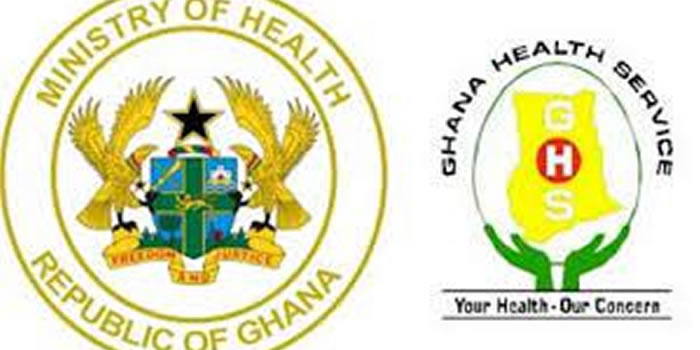Ghana has reported 14 additional cases of Mpox, pushing the national tally to 133, according to a June 25 update from the Ghana Health Service (GHS). Despite the uptick, health officials confirm there have been no new hospitalisations or deaths, and all patients are currently receiving outpatient care.
The latest figures reflect a consistent upward trend. Just five days prior, on June 20, the country recorded 10 new infections, increasing the count to 119. Still, authorities insist the outbreak remains manageable, with no severe complications or fatalities registered to date.
Mpox, a contagious viral illness, is primarily transmitted through close contact with infected individuals. Typical symptoms include fever, rashes, swollen lymph nodes, and headaches. Vulnerable groups such as children, pregnant women, and those with weakened immune systems remain at higher risk of serious complications.
In a bid to strengthen the country’s capacity to respond, the World Health Organization (WHO) on June 24 delivered a vital consignment of lab materials to the National Public Health Reference Laboratory in Accra. The supplies include reagents and testing kits capable of screening 3,400 suspected cases and confirming 625 samples for specific virus subtypes.
Dr. Caroline Reindorf Amissah, Acting Deputy Director-General of the GHS, welcomed the intervention and pledged to enhance active monitoring at the community level.
“We promise from our end to do our bit, go out there, look for the cases, and make sure this is really brought under control,” she said.
WHO’s Country Representative, Dr. Fiona Braka, emphasized that the donation aims to accelerate diagnostic efforts and ensure early detection of new cases.
“We believe this will significantly reduce turnaround time for test results,” she noted.
Meanwhile, the GHS has renewed calls for public vigilance. Citizens are urged to avoid close contact with symptomatic individuals, maintain proper hand hygiene, and report early signs of illness. The agency also cautioned against misinformation circulating online, encouraging Ghanaians to rely solely on verified public health advisories.
Though most infected individuals recover without hospitalisation, the health authorities remain alert to the risk of escalation if public cooperation declines.
